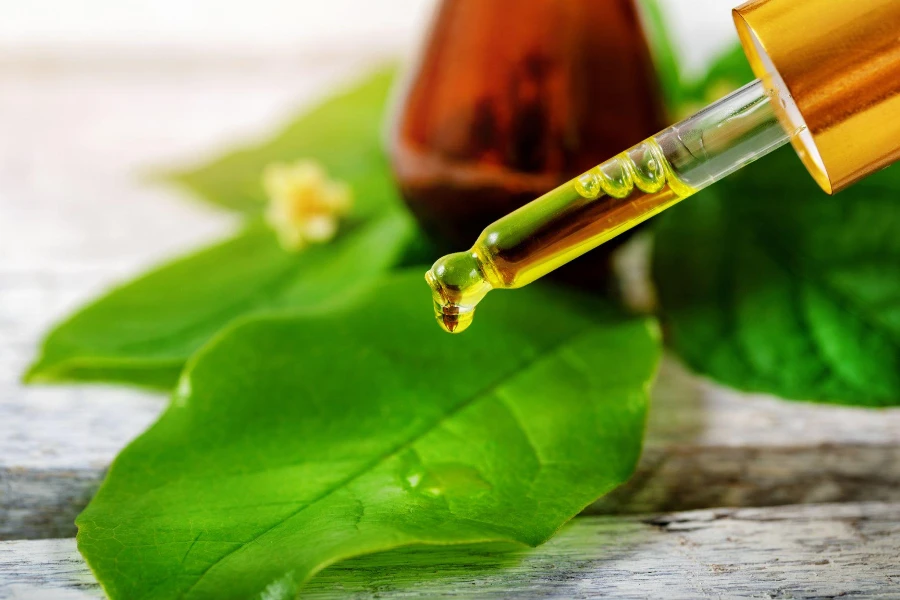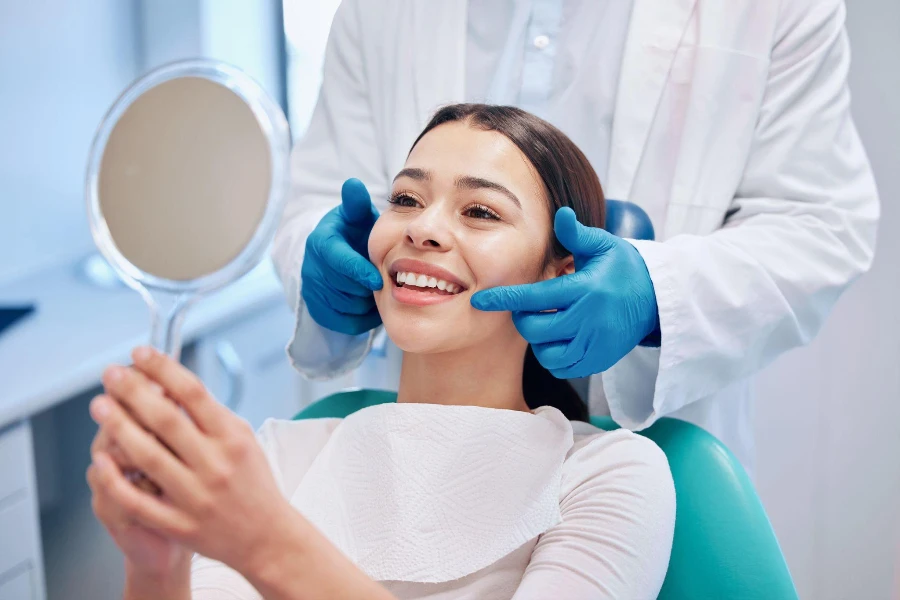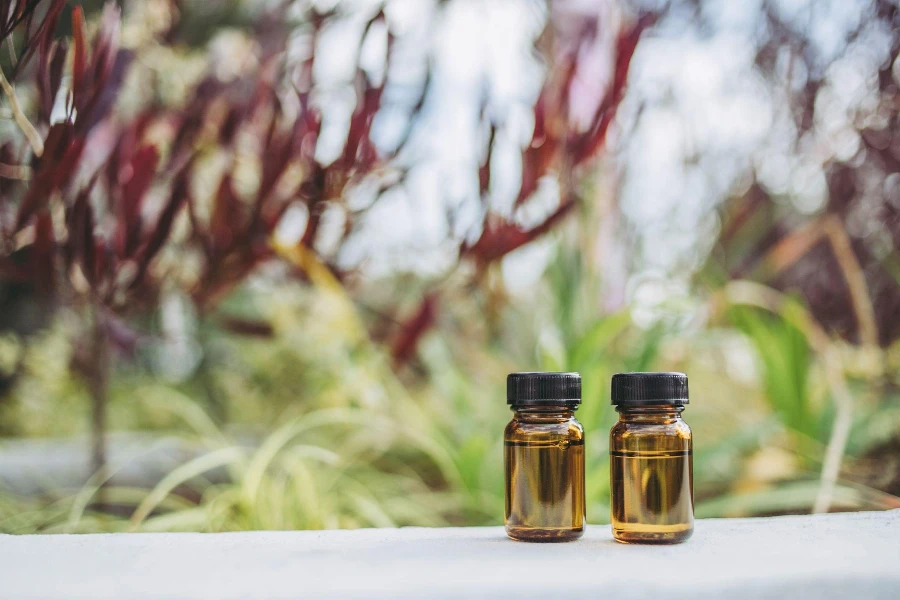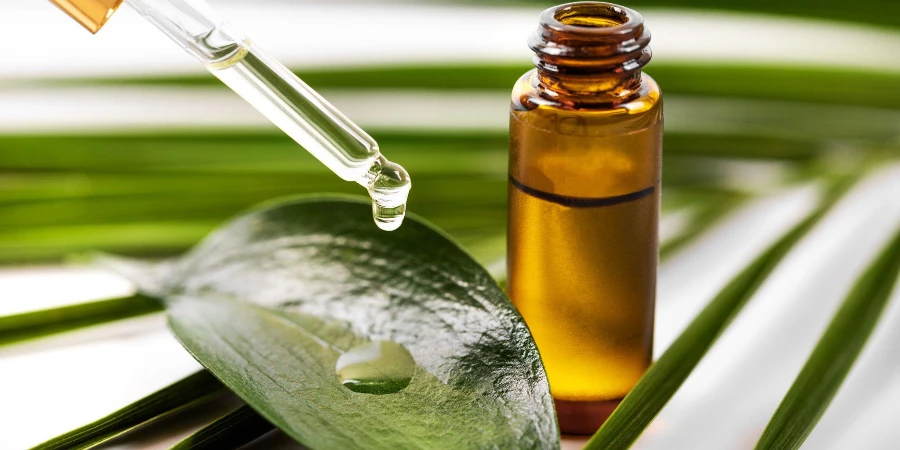Tea tree oil, a potent essential oil derived from the leaves of the Melaleuca alternifolia plant native to Australia, has long been lauded for its antibacterial, antifungal, and anti-inflammatory properties. Its versatility makes it a staple in beauty and personal care routines worldwide. This article delves into the top five aspects of tea tree oil that users find most beneficial, offering insights into how it can be integrated into daily self-care practices.
Table of Contents:
– Understanding the benefits of tea tree oil for skin
– Tea tree oil in hair care: A natural remedy
– The role of tea tree oil in oral health
– Tea tree oil for aromatherapy and mental well-being
– Safety and usage tips for tea tree oil
Understanding the benefits of tea tree oil for skin

Tea tree oil’s antimicrobial properties make it an excellent choice for combating acne. By penetrating deep into the skin, it disinfects pores and dries out whiteheads, blackheads, and pimples, promoting a clearer complexion. Regular use can also help regulate oil production, reducing the likelihood of future breakouts.
Beyond acne treatment, tea tree oil is effective in soothing skin irritations. Its anti-inflammatory nature helps alleviate redness, swelling, and discomfort associated with conditions like eczema and psoriasis. Applying diluted tea tree oil to affected areas can bring immediate relief and accelerate the healing process.
Moreover, tea tree oil’s antiseptic properties make it a valuable tool for wound care. By applying it to minor cuts, burns, and abrasions, you can prevent infection while promoting faster healing. Its ability to stimulate tissue regeneration also helps minimize scarring, ensuring healthier skin recovery.
Tea tree oil in hair care: A natural remedy

Dandruff and scalp health significantly benefit from the application of tea tree oil. Its ability to cleanse the scalp, removing dead skin cells and excess oil, helps eliminate dandruff and prevent its recurrence. The oil’s moisturizing effects also soothe dry, itchy scalps, offering relief and improved scalp health.
Tea tree oil’s properties extend to promoting hair growth. By unclogging hair follicles and nourishing the roots, it can enhance hair strength and vitality. Users often report thicker, healthier-looking hair with regular use, attributing this improvement to the oil’s potent natural compounds.
Furthermore, tea tree oil acts as a natural lice repellent. Its distinct smell and insecticidal properties make it an effective preventative treatment against lice infestations. Incorporating tea tree oil into your hair care routine can protect against these pests without resorting to harsh chemicals.
The role of tea tree oil in oral health

Tea tree oil’s antibacterial qualities are beneficial for maintaining oral hygiene. When used as a mouthwash, it can kill bacteria responsible for bad breath, gingivitis, and plaque formation. This natural alternative offers a chemical-free way to support a healthy mouth environment.
However, it’s crucial to use tea tree oil correctly in oral care. Due to its potency, the oil should never be swallowed but used in a diluted form as a rinse. This precaution ensures the benefits of tea tree oil can be enjoyed safely, promoting oral health without adverse effects.
Regular use of tea tree oil in oral care routines can lead to healthier gums and fresher breath. Its natural disinfecting properties make it an excellent supplement to daily dental hygiene practices, complementing traditional brushing and flossing.
Tea tree oil for aromatherapy and mental well-being
The benefits of tea tree oil extend beyond physical health to include mental well-being. Used in aromatherapy, its fresh, invigorating scent can help reduce stress, alleviate anxiety, and promote a sense of calm. Diffusing tea tree oil in your living space can create a tranquil environment conducive to relaxation and mental clarity.
Additionally, tea tree oil’s antimicrobial properties purify the air, making it a practical choice for improving indoor air quality. This purification process can also help reduce allergy symptoms, contributing to a more comfortable and healthier living environment.
Incorporating tea tree oil into your self-care routine can enhance your overall sense of well-being. Whether used in a diffuser, applied topically, or added to a warm bath, its versatile benefits support both physical and mental health.
Safety and usage tips for tea tree oil

While tea tree oil offers numerous benefits, it’s important to use it safely. Always dilute the oil with a carrier oil before topical application to prevent skin irritation. Patch testing on a small skin area is recommended to ensure no adverse reactions occur.
For those considering adding tea tree oil to their beauty and personal care routines, start with a low concentration and gradually increase as your skin or scalp adjusts. This approach minimizes the risk of irritation while allowing you to experience the oil’s full range of benefits.
Lastly, tea tree oil should be stored properly, away from direct sunlight and heat, to maintain its efficacy. By following these guidelines, you can safely incorporate tea tree oil into your daily regimen, enjoying its health and wellness advantages.
Conclusion
Tea tree oil is a versatile and powerful natural remedy that can enhance beauty and personal care routines. Its benefits for skin, hair, oral health, and mental well-being make it a valuable addition to anyone’s self-care arsenal. By using tea tree oil responsibly and understanding its various applications, you can harness its full potential to support your overall health and wellness.




